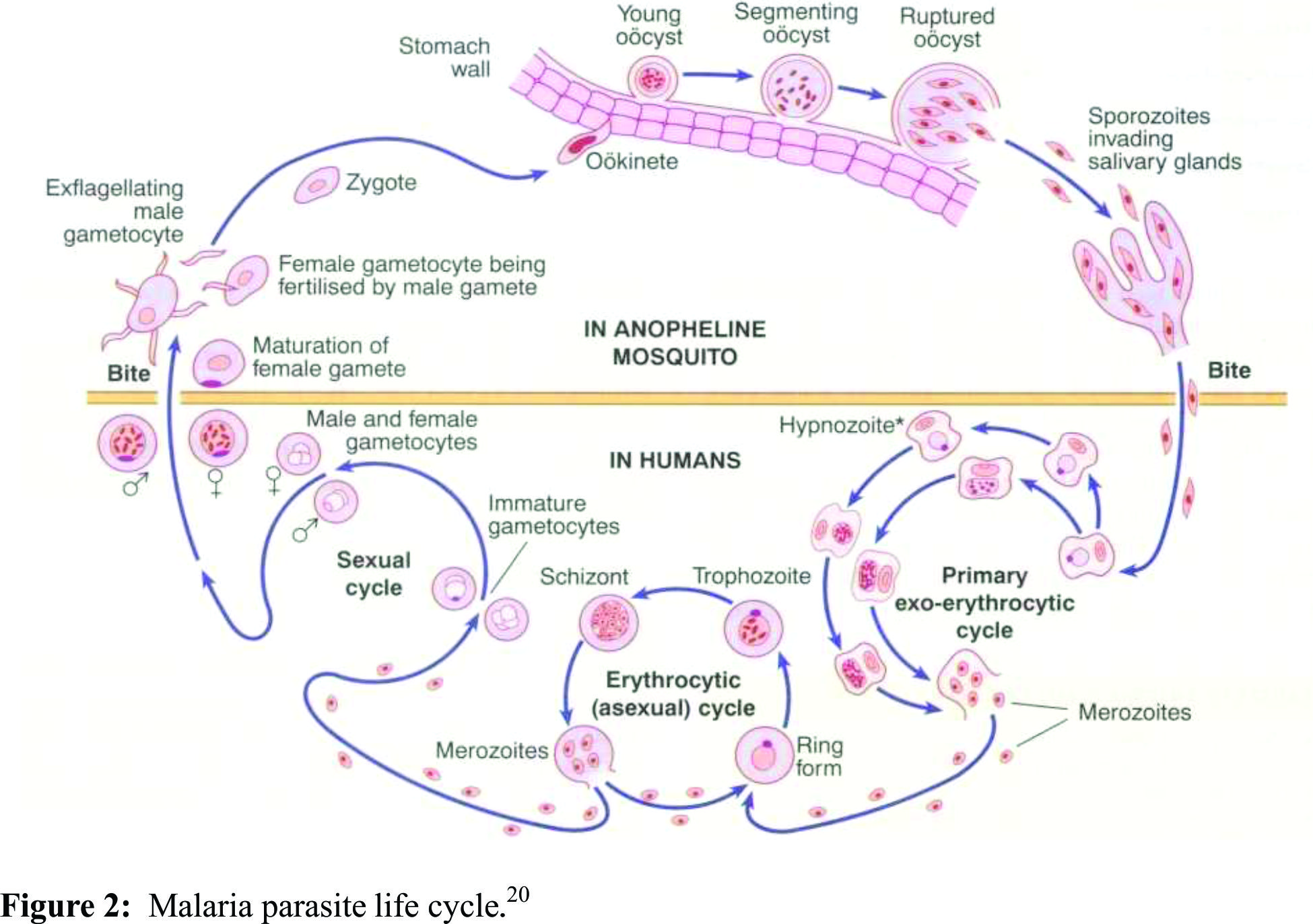Mosquitoes and their Medical Importance
Main Article Content
Abstract
Mosquitoes are vectors of many biologic agents of infection that range from bacteria, viral and parasitic infection. They cause diseases with high rate of morbidity and mortality. Plasmodium species are transmitted by the female anopheles genus and is the etiologic agent of malaria which is the major cause of absenteeism from work, school, reduced productivity, reduction in labour supply, illness and death in the tropics. Burkitts lymphoma is a malignancy that is higher in malaria endemic region. The genus culex and mansonia are the vectors of nematodes in the filariodea family. They cause spectrum of diseases ranging from eosinophillia, allergic lymphadenitis, lymphoedema and persistent infection could cause “elephantiasis”. The vector of zika virus is Aedes species. It is responsible for microcephaly in fetus of pregnant women infected in pregnancy. Yellow fever is a viral haemorrhagic fever caused by a flavivirus and transmitted also by the aedes species. Vector control with proper cleaning of the environment, individual use of insecticide treated net, use of prophylactic and prompt treatment of diseases caused by them are methods that have been suggested to reduce the mortality associated with the diseases caused by these mosquitoes.

